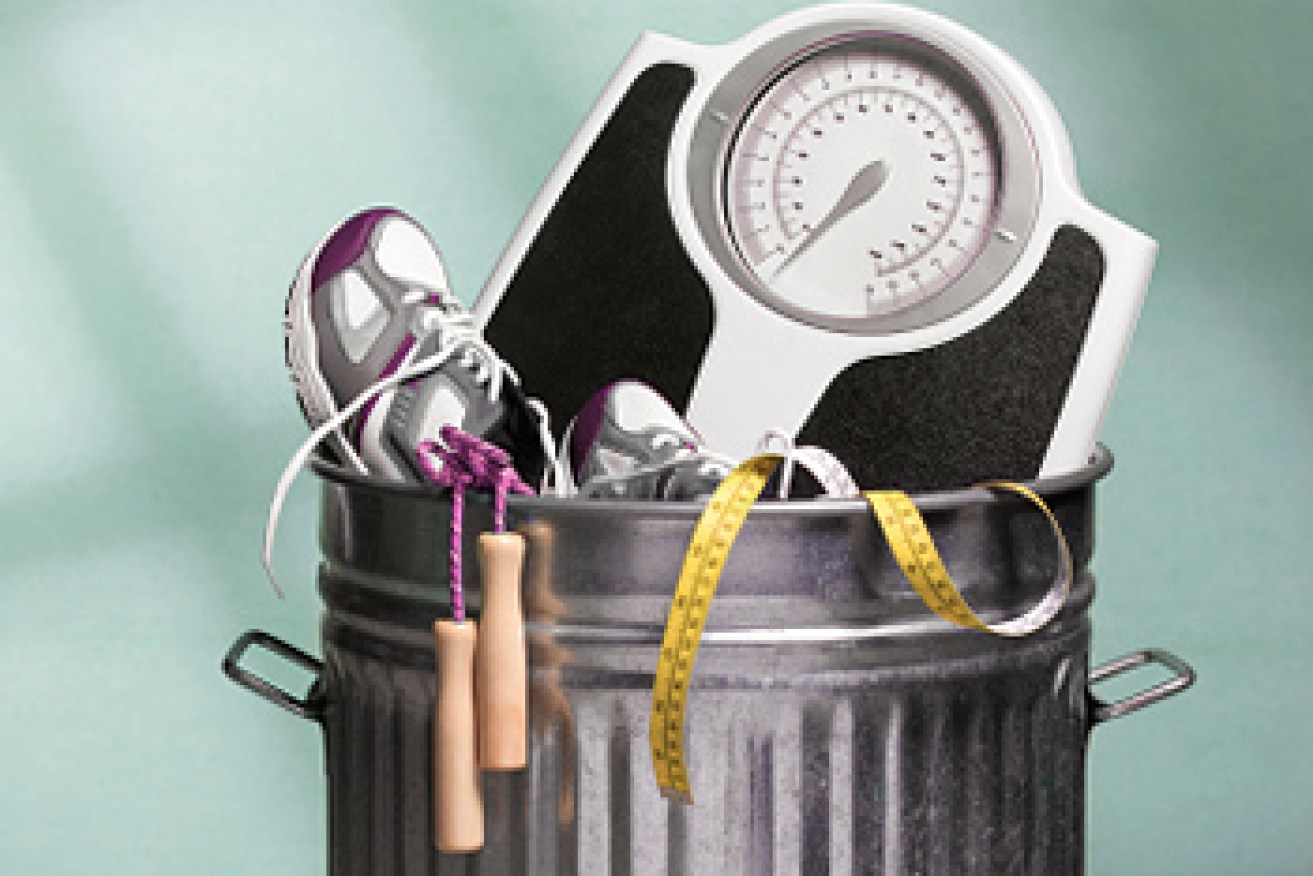Don’t ditch your bathroom scales just yet

Photo: Getty
How often should you weigh yourself? It’s a question that can confuse many of us hoping to shed unwanted kilos.
A recent study of 30,000 scale users by Withings and MyFitnessPal found people who weigh themselves at least once every three days were more likely to lose weight than those who did so irregularly.
Experts agree consistency is essential, as Finnish researchers discovered in a study of 40 overweight adults. Published in science journal PLOS ONE, the research found individuals were most successful at dropping kilos if they weighed themselves on a Wednesday.
• Stop body shaming. It hurts us all
• Lying to your doctor: this is why it has stop
• Your addiction to coffee could extend your life

Contrary to popular opinion, regular weigh-ins can be healthy. Photo: Getty
Unsurprisingly, the researchers found that people weighed the most on weekends and would gradually burn the kilos off as the week progressed.
An obesity expert told The New Daily that adults should weigh themselves weekly, particularly if they want to lose weight and keep it off.
Deakin University public health researcher Professor Anna Peeters said that it was important to jump on the scale the same time of day each week, as weight fluctuates throughout the week.
“Those who do weigh themselves regularly, and that can be weekly … actually do much better with keeping the weight off than those who don’t,” Prof Peeters said.
“You just have so much natural variation [weighing yourself daily] I think that just leads to confusion, whereas the weekly kind of balances out that natural variation.”
She said monitoring your weight was much better for maintaining weight loss, as opposed to people using the method to shed off unwanted kilos.
Consistency is important

Pick a weigh-in day and stick to it. Photo: Getty
Withings and MyFitnessPal’s study revealed the key ingredients to weight loss were logging your weight and food intake, setting specific goals and weighing yourself.
To achieve this, Withings and MyFitnessPal recommended using apps such as health mate to track your progress, as these technologies can increase motivation by demonstrating where the person is at and what they need to achieve.
“The strategy is to try and stick to whatever you decided to do for your goal-setting and monitoring,” said Professor Peeters.
Setting specific goals will also assist in maintaining weight loss, she said, as it can be a “long journey”.
An individual’s weight can be affected by numerous variables, including fluid loss and muscle gains and losses.
While understanding these may help, according to Professor Peeters we don’t know “where the right balance is” and there is no one-size-fits-all approach to understanding the scale. Weighing yourself each week consistently however, can help to reduce variables.
Not everybody should weigh themselves

For some, scales can be dead weight. Photo: Getty
Some schools of thought believe that adolescents and children should avoid the scales, as frequent self-weighing can result in unhealthy behaviours and poor psychological health. A study of over 2000 adolescents found young women who weighed themselves frequently were more likely to be at risk of depressive symptoms and lower self-esteem while young men were prone to lower body satisfaction.
Professor Peeters said she was “not convinced” self-weighing was harmful to teens, but conceded there was no evidence that young people would benefit from weighing themselves.
“It could well just be that people who are already psychologically worried about their bodies are going to weigh themselves a lot and there’s no added worsening effect of the weighing,” she said.
“I think the goal is that they understand better what a healthy level of activity and nutrition and they can monitor those … but I wouldn’t be monitoring weight.”









